1. Resistance to Corrosion Ensures Long-Term Reliability
Stainless steel machine screws are particularly prized for their resistance to corrosion, a quality that plays a significant role in extending the lifespan of mechanical systems. This corrosion resistance stems from the chromium content in stainless steel, which forms a thin, self-repairing oxide layer on the surface. This protective barrier prevents rust and oxidation from taking hold, even in environments where moisture, chemicals, or saline conditions are prevalent.
In industries such as marine, chemical processing, and outdoor construction, the exposure to corrosive elements can significantly shorten the lifespan of standard fasteners. Regular screws, when exposed to these harsh environments, tend to weaken over time as rust forms, compromising the integrity of the mechanical connections. In contrast, stainless steel screws maintain their structural strength and appearance, ensuring consistent performance.
This resistance to corrosion reduces the need for frequent inspections and replacements, saving time and cost associated with maintenance. By avoiding failures caused by rusted fasteners, stainless steel screws help mechanical systems operate reliably for years, ensuring safety and efficiency in the process. This makes them an indispensable choice for critical applications where durability is paramount.
2. High Strength and Fatigue Resistance for Endurance
The strength of stainless steel machine screws contributes significantly to their ability to enhance the longevity of mechanical systems. Stainless steel is a robust material that can withstand considerable force and stress without deforming, making it ideal for applications where fasteners are subjected to high loads. The inherent strength of stainless steel allows these screws to perform reliably in both static and dynamic systems, such as engines, industrial equipment, and structural frameworks.
In addition to high tensile strength, stainless steel screws exhibit excellent resistance to fatigue, meaning they can endure repeated cycles of stress without failing. This property is critical for mechanical systems that operate under constant vibrations or fluctuating pressures. For example, in machinery with moving parts or rotating components, the screws experience continuous tension and relaxation. Unlike weaker materials that might crack or loosen over time, stainless steel screws remain secure, maintaining the system’s stability and functionality.
The screws’ ability to resist deformation ensures that connections stay tight, reducing the risk of component misalignment or wear caused by loose fittings. This prolonged structural integrity minimizes breakdowns, lowers repair costs, and contributes to the overall longevity of the mechanical system.
3. Non-Reactive Nature Protects Delicate Components
One of the lesser-known benefits of stainless steel machine screws is their non-reactive nature, which helps protect other components within a mechanical system. Galvanic corrosion, a common issue when dissimilar metals are in contact, can cause accelerated degradation of materials. Stainless steel, however, minimizes this risk due to its passive and stable characteristics.
This property is especially important in systems where multiple materials are used, such as in aerospace, automotive, and electronic industries. For example, when aluminum, brass, or other metals come into contact with less noble metals, the resulting electrochemical reaction can lead to rapid corrosion. By using stainless steel screws, manufacturers can prevent such reactions, ensuring that all parts of the system maintain their integrity over time.
The smooth surface of stainless steel screws prevents abrasion or damage to softer components, reducing wear and tear in the system. This compatibility with a wide range of materials not only ensures better performance but also preserves the lifespan of the entire assembly. The result is a more durable and reliable mechanical system that requires fewer repairs and replacements.
4. Minimal Maintenance Reduces Wear and Tear
One of the practical advantages of stainless steel machine screws is their low maintenance requirements, which directly contribute to the longevity of mechanical systems. Due to their corrosion resistance and durability, these screws do not need frequent cleaning, lubrication, or replacement, unlike fasteners made from lesser materials.
This low-maintenance quality reduces the strain placed on the system during routine upkeep. For example, in industrial settings, the process of disassembling and reassembling components to inspect or replace fasteners can cause wear and tear on adjacent parts. Stainless steel screws eliminate this need for constant intervention, ensuring the mechanical system remains intact and operational for longer periods.
The ability to withstand environmental stressors means stainless steel screws maintain their performance without additional protective coatings or treatments. This simplicity in maintenance translates to cost savings for operators and enhances system reliability. Whether in large-scale machinery or everyday appliances, the reduced need for servicing ensures that systems continue to perform efficiently with minimal downtime.
5. Compatibility with Harsh Operating Conditions
Mechanical systems often operate in challenging environments, where exposure to extreme temperatures, chemicals, or high pressures is common. Stainless steel machine screws are specifically engineered to handle such conditions without compromising their structural integrity.
Certain grades of stainless steel, such as 316 and 304, offer enhanced resistance to heat and cold, making them suitable for systems subjected to temperature fluctuations. For example, in applications such as furnaces or refrigeration units, these screws maintain their strength and performance even under extreme conditions. Additionally, stainless steel’s resistance to chemical attacks makes it a preferred choice for equipment in chemical processing plants or laboratories, where exposure to acids and alkalis is frequent.
In high-pressure environments, such as hydraulic systems or underwater applications, stainless steel screws exhibit remarkable resilience, ensuring tight and leak-proof connections. This ability to perform reliably in harsh conditions extends the service life of the mechanical system, reducing the need for replacements and ensuring consistent operation. Their versatility and durability make stainless steel screws a trusted solution for demanding applications across various industries.


 Español
Español
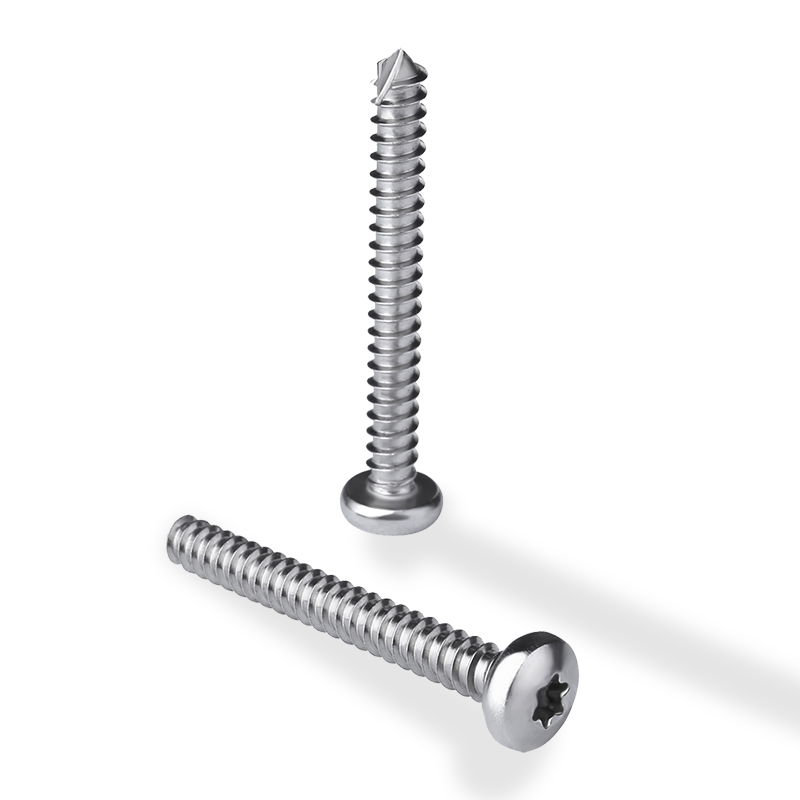
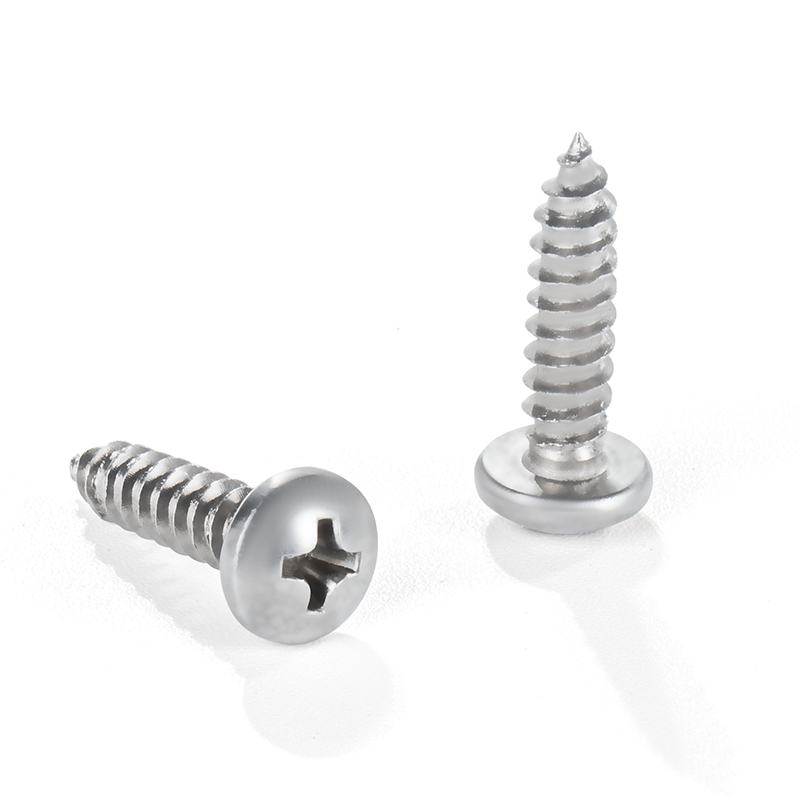
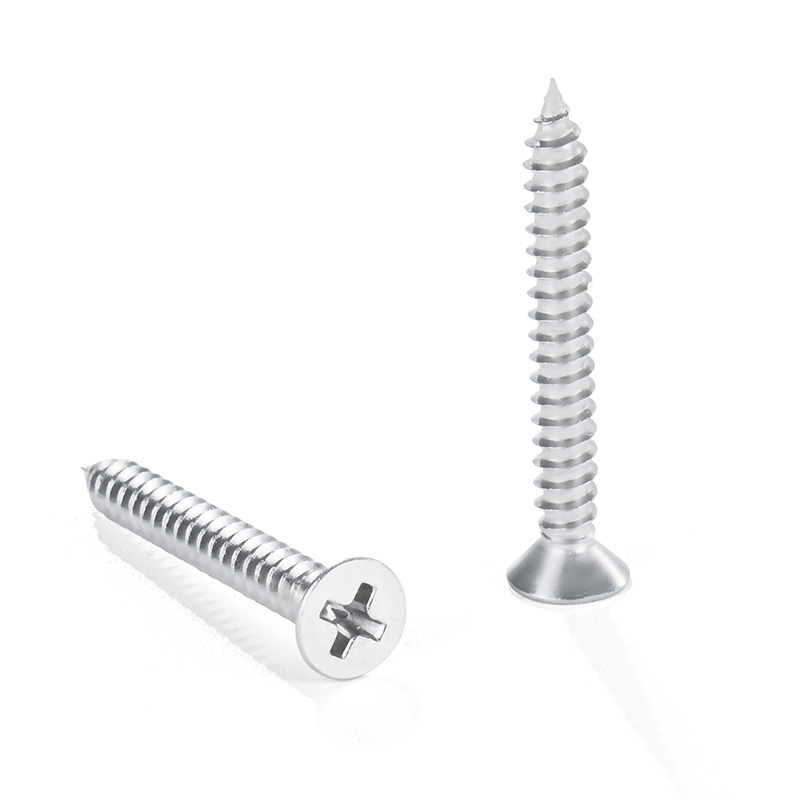
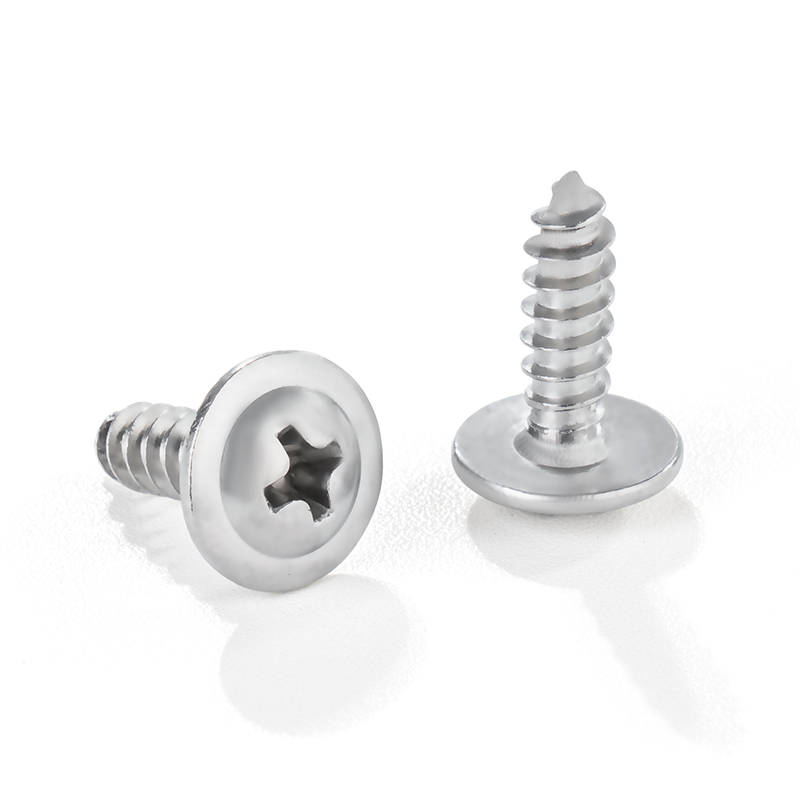
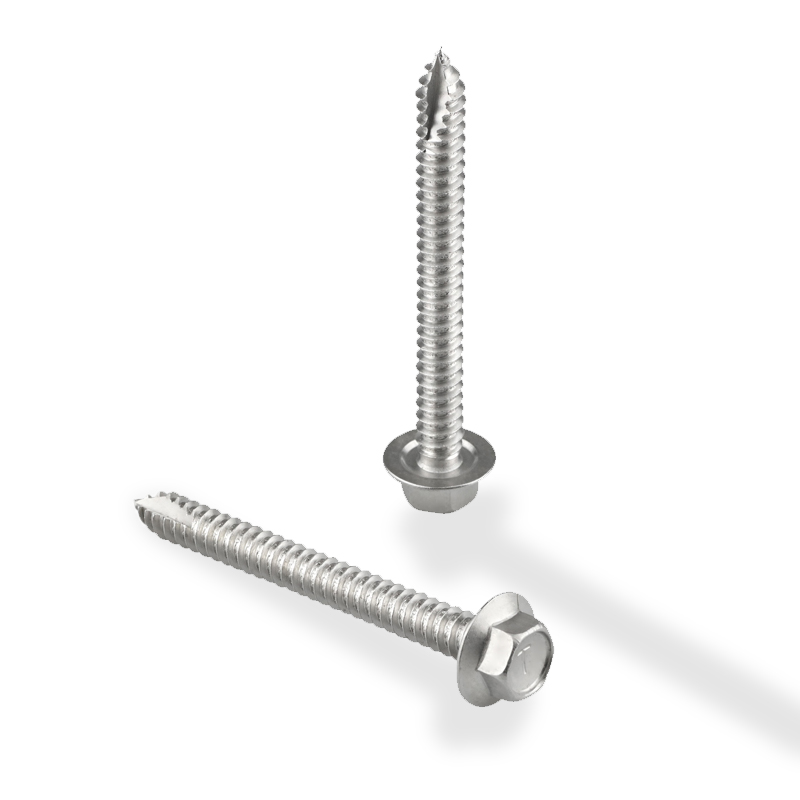
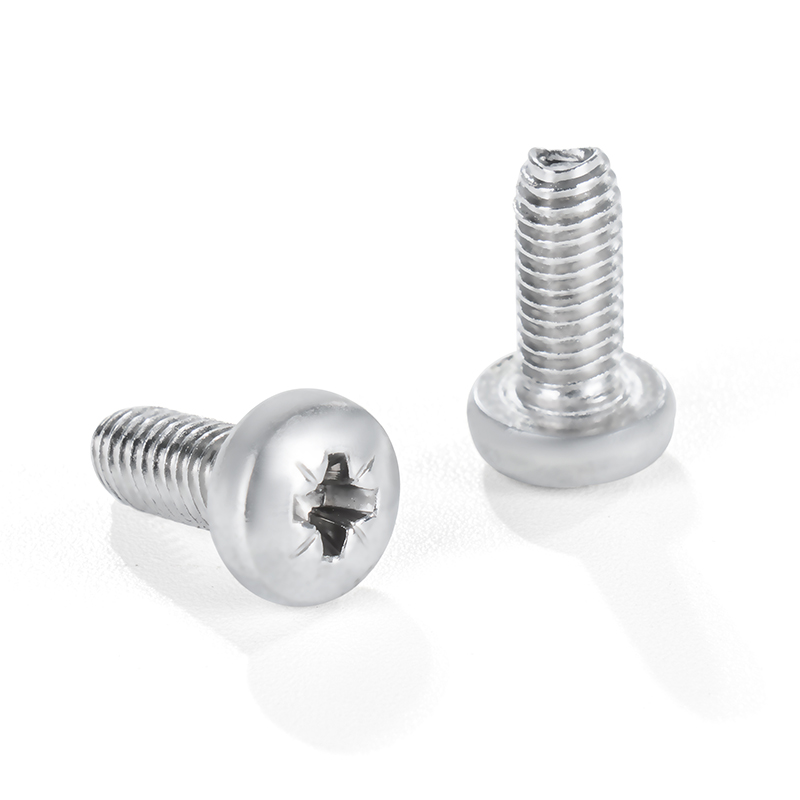

 Email: sales@ry-screw.com
Email: sales@ry-screw.com Telephone: +86-0575-82569998
Telephone: +86-0575-82569998 Phone: +86-18268538885
Phone: +86-18268538885



